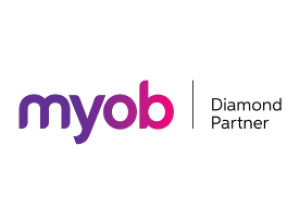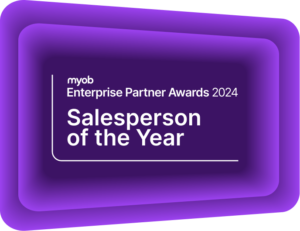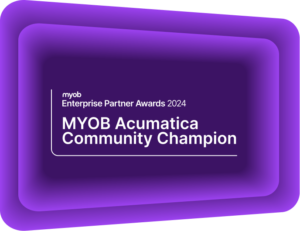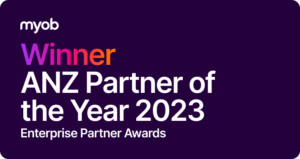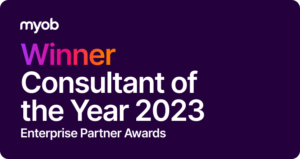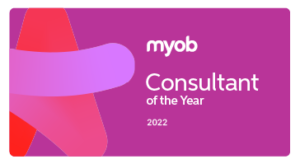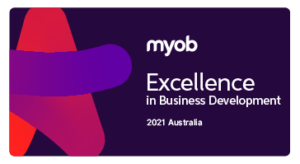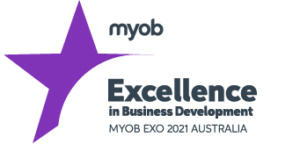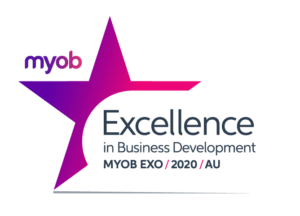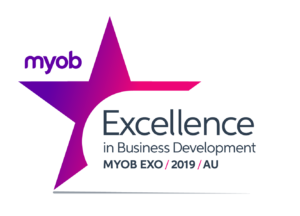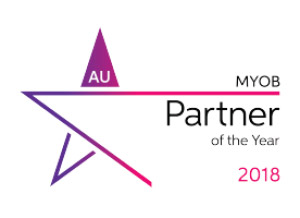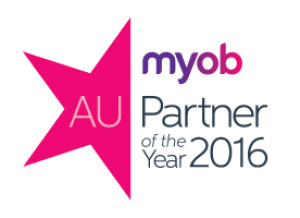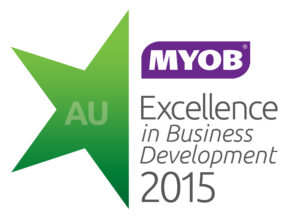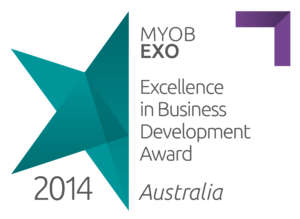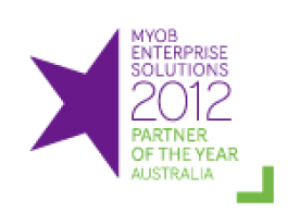AI as a companion and not as competition
Embracing the AI Revolution to transform the workplaceFear has always been and will always be a driver of attention and engagement. It is a natural human response to pay attention to the things that can harm or impede our way of life. Artificial Intelligence (AI) and the thriving click-bait that surrounds it fits neatly into the realm of fear; sat under the shadow cast by the looming prospect of job replacement and an unknown future.
Embracing AI as Transformation
Fear of AI begins with its potential. Just like any revolution, technology can perform actions faster, more accurately, and for longer periods. It replaces the mundane work that may make up most of someone’s role. Instincts drive us to shun AI and to maintain the status quo. But whether the revolution is industrial or AI, our ability to adapt lets us embrace new avenues of efficiency. Those who always make the most of this opportunity and apply the new ideas and technology come out ahead.
This is not a new behaviour, which is why AI has recently exploded. Every organisation wants to be at the forefront of this new development and use it to improve efficiency. We see that fear of AI is not necessarily fear of the unknown or job replacement. It is fear that your organisation will be left behind if you cannot adapt to the future of technology.
How to harness AI to drive productivity
AI and Machine Learning (ML) are becoming significant productivity drivers in finance, data handling & analysis, and customer relations. Like many modern cloud technologies, the pandemic motivated the swift adoption of AI and ML. AI propped up important parts of the economy, preventing them from collapsing due to attrition or work displacement. However, the technology zeitgeist is constantly hungry. We are seeing the rise of post-pandemic AI Automation as the next stage of its evolution.
Human Control in AI Automation
AI is not truly autonomous. Humans are still the initiators and the recipients of what AI automates. There will always be a level of human control regardless of how advanced AI becomes. Take comfort in the fact that if humans take control, we can leverage AI for all its benefits without fear. For example, in finance, AI can automate Accounts Payable (AP) processing or bank allocation matching. AI applications can work like a bot, completing mundane activities while the human worker moves to a higher level. More important operations stay completely under human control.
There is assurance that as technology moves, so will we. While it is not a perfect transition where nobody gets left behind, there will always be a way for us to become part of the work, the process, and its implementation and remain in control.
Prepare for the future of AI
The technology industry is always first impacted by AI and automotive process changes. They are the proponents of these advancements and the first ones at risk of cannibalising their roles in the workforce. This is why looking at the technology job market is useful for preparing for the role of AI automation in the future. Roles are being onboarded for newly created job opportunities like AI Product Management, AI Research, and Cybersecurity Analysis. The same kind of transformation will happen across other industries and roles. It will only be a matter of time before we see the “Finance AI Manager” role advertised.
AI systems that exhibit complete human-like consciousness are a distant goal. Experts may estimate that AI sentience can be achieved within the next 10 to 30 years, but this is speculation. There are issues to contend with in achieving full AI sentience. At the very least, it requires complete mapping of the brain’s neural networks—a significant, complex, and expensive undertaking.
Practical Steps to Embrace AI
Education dwarfs fear, and a good educational opportunity or takeaway from this is how we can inject ourselves in places where AI is proliferating. AI has a language, and if we understand the language spoken, then we can become part of speaking it. In our own small way, we can slowly adapt by learning code-free integrations of AI in SaaS applications like Zapier and HubSpot. The data structures and algorithms used in SaaS are the same building blocks of AI development. If we do our research, we will be equipped with specialised knowledge should the same building blocks become part of our jobs. We can then participate in the revolution instead of being discarded as untrained, unskilled contributors.
Furthermore, here are practical ways to get ahead of AI:
1. Listen and follow thought leaders
Engage with key players in the AI ecosystem and use their expertise as a starting point for your own research. Vision drives decisions, and the more we are aligned with the key informers in the industry, the better equipped we will be for future transformations.
2. Upskill, learn, and specialise
Dedicate time to learning about AI in the same way you would learn any new industry-relevant concept or tool. Enrol in relevant courses that explore pathways to other relevant skills you find interesting and could be good at. Products at the end of their lifecycle are phased out. While we are not products, the same expiration can be applied to us. YouTube is also a strong starting point for free information about AI.
3. Professionalise your online presence
LinkedIn is the most widely used business and employment-focused social media platform. A digital identity on Facebook and Instagram is well and good, but it is not profitable unless you are a creator pulling revenue. The next best thing is to optimise your LinkedIn bio. Edit your profile to position yourself as an embracer of AI, future-focused and ready to challenge yourself and your industry with innovative technology.
4. Preparation will keep us from desperation.
Future decisions are being made today, and AI is helping make those decisions at a rapid rate. We may not be mechanically capable of making huge leaps like Artificial Intelligence, but we can take small steps and those steps compound with patience and time.
Humanity’s intelligence is not artificial and our ability to continually improve on our own is real. Emotional Intelligence is what AI wants to achieve, and the more human-like AI wants to become, the better we should be. AI’s path will require our participation, and while we may not be able to tell what each avenue of the future looks like, we should certainly be there.
Watch the free Dataline webinar
Explore how modern finance teams are transforming Accounts Payable services. This webinar is tailored for those eager to unlock practical insights, real-world case studies, and a checklist to guide your PaaS journey.
To start a conversation about Dataline, email samacs@kilimanjaro-consulting.com or call 1300 857 464 (AU) or 0800 436 774 (NZ).

